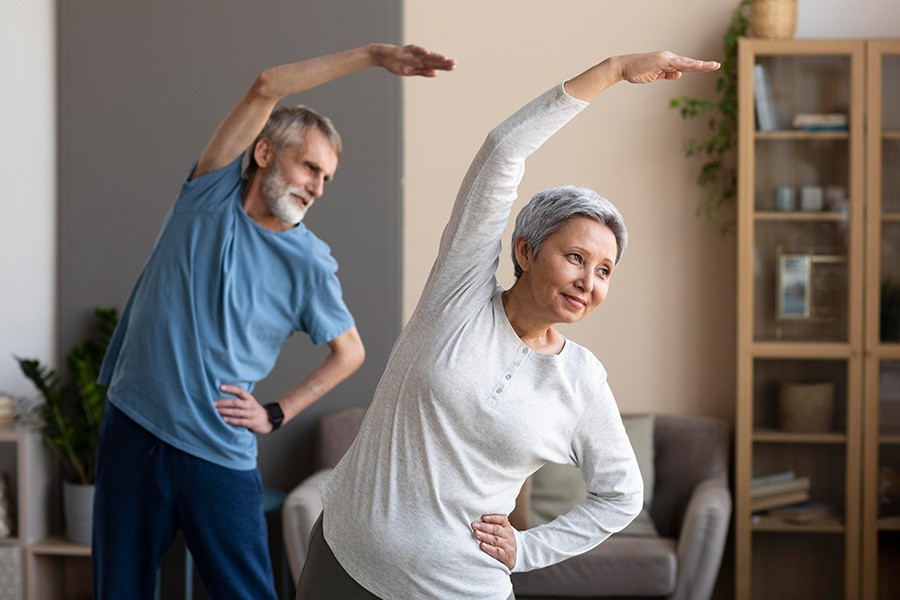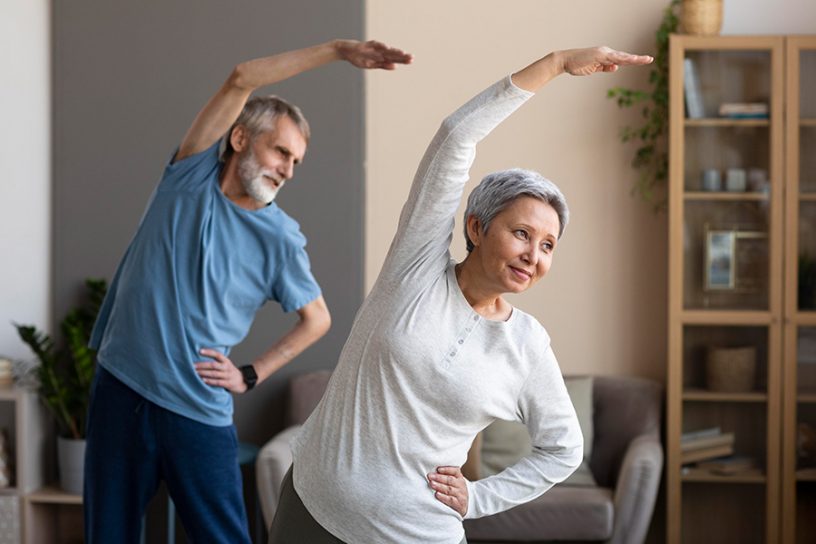
Although older adults refrained from going out during the Covid-19 pandemic, they compensated for the risks of inactivity in daily life by increasing or maintaining their frequency of exercise and social interactions.
Authors
Yoshiko Ishioka, Associate Professor, Jindal School of Liberal Arts and Humanities, O.P. Jindal Global University, Sonipat, Haryana, India.
Ayaka Kasuga, Osaka University, Suita, Japan.
Saori Yasumoto, Osaka University, Suita, Japan.
Takeshi Nakagawa, National Center for Geriatrics and Gerontology, Obu, Japan.
Akari Kikuchi, Osaka University, Suita, Japan.
Hiroki Inagaki, Tokyo Metropolitan Institute of Gerontology, Itabashi, Japan.
Madoka Ogawa, Osaka University, Suita, Japan.
Noriko Hori, Tokyo Metropolitan Institute of Gerontology, Itabashi, Japan.
Yukie Masui, Tokyo Metropolitan Institute of Gerontology, Itabashi, Japan.
Hwang Choe, Osaka University, Suita, Japan.
Hiroyuki Muto, Kyoto University, Kyoto, Japan.
Mai Kabayama, Osaka University, Suita, Japan.
Kayo Godai, Osaka University, Suita, Japan.
Kazunori Ikebe, Osaka University, Suita, Japan.
Kei Kamide, Osaka University, Suita, Japan.
Tatsuro Ishizaki, Tokyo Metropolitan Institute of Gerontology, Itabashi, Japan.
Yasuyuki Gondo, Osaka University, Suita, Japan.
Summary
Older adults were expected to experience a decline in physical activities and an increase in social isolation during the COVID-19 pandemic.
Methods:
We investigated the changes in living conditions of 508 older adults (79.70 years ± 0.88) before (from July to December 2019) and during (in August 2020) the pandemic. We compared the mean score for the same individual instrumental activities of daily living (IADL), frequency of going out, exercise, and social interaction at two-time points. We also examined the influence of living arrangement (living alone or not) on the frequency of exercise and social interaction.
Results:
The frequency of going out decreased during the pandemic (in 2020); however, there was no significant change in IADL. The frequency of exercise and social interaction increased irrespective of the living arrangement. The frequency of exercise increased more in those living alone.
Conclusions:
Although older adults refrained from going out, they compensated for the risks of inactivity in daily life by increasing or maintaining their frequency of exercise and social interactions. The view that “older adults have a poor ability to accommodate the lifestyle changes during the COVID-19 pandemic” may be a stereotypical assumption.
Published in: Gerontology and Geriatric Medicine
To read the full article, please click here.


